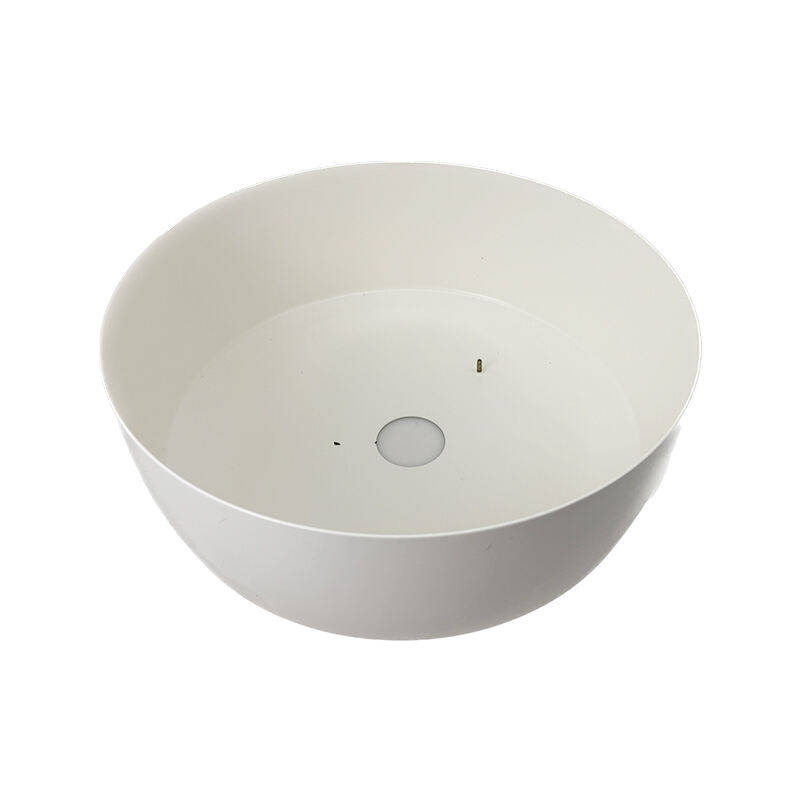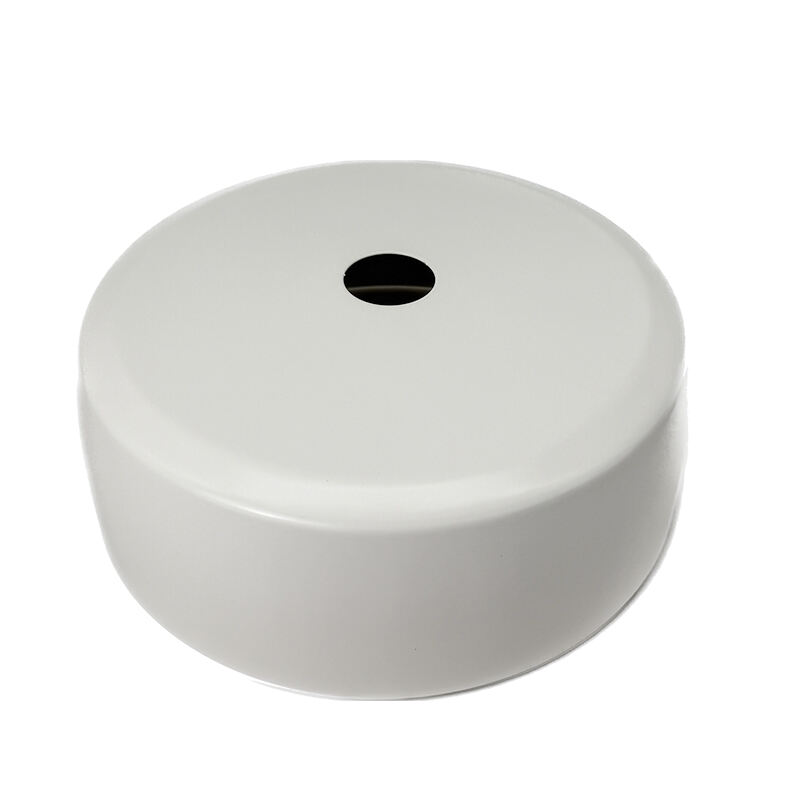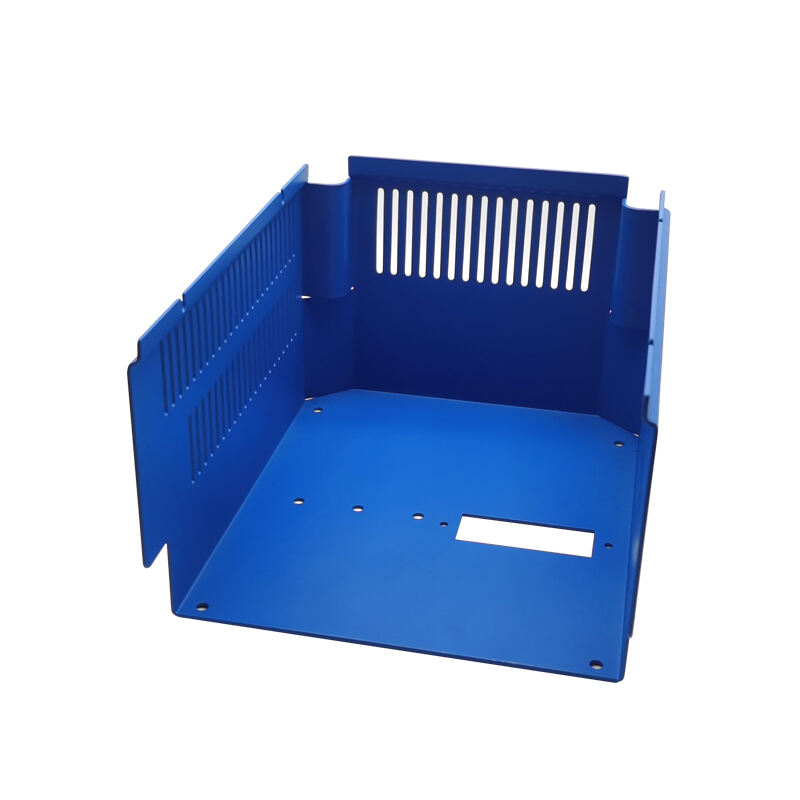sheet metal machining
Sheet metal machining is a sophisticated manufacturing process that transforms flat metal sheets into functional components through various cutting, forming, and shaping operations. This versatile process encompasses multiple techniques including punching, bending, stamping, and laser cutting, enabling the creation of precise and complex parts. The technology utilizes advanced CNC machinery and CAD/CAM systems to ensure exceptional accuracy and repeatability in production. Modern sheet metal machining can handle various materials, from aluminum and steel to copper and titanium, with thicknesses ranging from thin foils to heavy gauge plates. The process excels in both prototype development and high-volume production runs, making it essential for industries such as automotive, aerospace, electronics, and construction. Key technological features include automated tool changing systems, multi-axis control for complex geometries, and integrated quality control systems that maintain tight tolerances throughout production. The process is particularly valuable for creating components that require high structural integrity while maintaining minimal weight, such as enclosures, brackets, panels, and structural supports. Advanced sheet metal machining centers can perform multiple operations in a single setup, significantly reducing production time and improving cost-efficiency.


